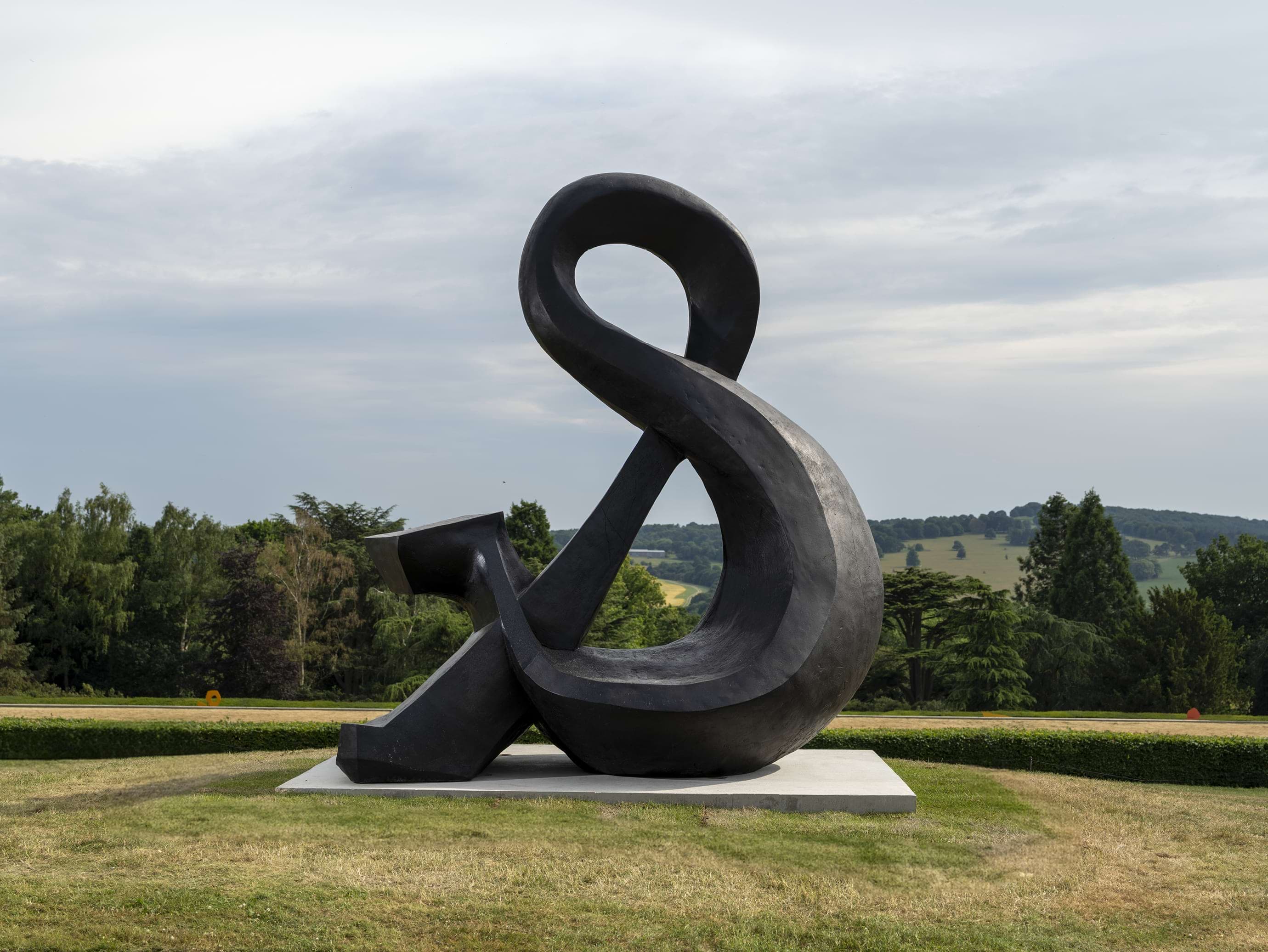
Goodman Gallery presents In Focus: Kapwani Kiwanga, a presentation of select bodies of work by the artist. The presentation opens alongside Kiwanga’s solo exhibition, Trinket, currently on view at the Canada Pavilion in Venice.
This presentation hones in on some of these materials namely sisal, silica sand, Atlantic ocean saltwater and historical books, opening up histories of triangular trade, social segregation, colonialism and environmental degradation to her viewers.


Artworks
Create a Goodman Gallery account to view pricing of available artworks and access purchasing.
Taking up a central part of the presentation is Dune, featuring two glass lenses. Here Kiwanga ponders the multiple forms that sand can take. A plinth filled with Silica sand asks the audience to consider the impact that these small grains have had on the environment in another collective form: as a medium for hydraulic fracturing, better known as fracking, a method of oil and natural gas extraction that began in the US commercially in the 1950s. Two lenses made from Silica sand are positioned in specific orientations in the sand encouraging visitors to consider the way such simple and often-overlooked materials can be employed to various ends.



The presentation also includes work from Triangulations, Sisal and The Greenbook 1961, all series that offer anthropological considerations and symbolic uses of materials to explore trade, power and the production of value.
Work by French and Canadian artist Kapwani Kiwanga (b. Hamilton, Canada) traces the pervasive impact of power asymmetries. Her work is research-driven, instigated by marginalised or forgotten histories, and articulated across a range of materials and mediums including sculpture, installation, photography, video, and performance.


Artist Bio
Kapwani Kiwanga (b. 1978, Hamilton, Canada) traces the pervasive impact of power asymmetries by placing historic narratives in dialogue with contemporary realities, the archive, and tomorrow’s possibilities. Her work is research-driven, instigated by marginalised or forgotten histories, and articulated across a range of materials and mediums including sculpture, installation, photography, video, and performance. Kiwanga co-opts the canon; she turns systems of power back on themselves, in art and in parsing broader histories. In this manner Kiwanga has developed an aesthetic vocabulary that she described as “exit strategies,” works that invite one to see things from multiple perspectives so as to look differently at existing structures and find ways to navigate the future differently.
In 2024, Kiwanga’s acclaimed solo presentation titled 'Trinket', for the Canadian Pavilion, at the 60th Venice Biennale, commissioned by the National Gallery of Canada, debuted a site-responsive sculptural installation made of conterie, also known as seed beads. The installation examined Global trade and transactional relations between Africa and Europe and continues the artist’s concerns with how diverse forms of power are manifested.
In 2023, Kunstmuseum Wolfsburg presented Kiwanga’s first comprehensive mid-career retrospective, 'The Length of the Horizon'. This show includes her memorable Venice Biennale installation Terrarium (2022).
In 2020, Kiwanga received the Prix Marcel Duchamp (FR). She was also the winner of the Frieze Artist Award (USA) and the annual Sobey Art Award (CA) in 2018.
Selected group exhibitions include: Whitechapel Gallery, London (UK); Serpentine Galleries, London (UK); Yuz Museum, Shanghai (CHN); MOT – Museum of Contemporary Art Tokyo (JPN); Museum MMK für Moderne Kunst, Frankfurt (DE); Museum of African Contemporary Art Al Maaden – MACAAL, Marrakech (MAR); National Gallery of Canada, Ottawa (CA); Contemporary Arts Museum, Houston (USA); Hammer Museum, Los Angeles (USA); Centre Pompidou, Paris (FR); Musée d’art contemporain de Montréal, Montreal (CA); ARoS Aarhus Art Museum, Aarhus (DK) and MACBA, Barcelona (ESP).
Solo exhibitions include: Copenhagen Contemporary, Haus der Kunst, Munich; Kunstinstituut Melly – Center for Contemporary Art, Rotterdam; Kunsthaus Pasquart, Biel/Bienne; MIT List Visual Arts Center, Cambridge; Albertinum museum, Dresden; Artpace, San Antonio; Esker Foundation, Calgary; Tramway, Glasgow International; Power Plant, Toronto; Logan Center for the Arts, Chicago; South London Gallery, London and Jeu de Paume, Paris.
Collections include: NOMAS Foundation, Rome, Italy; FRAC PACA, Marseille, France; Guggenheim Museum, New York, USA; Museo de Arte Contemporanea de Castilla y Léon, MUSAC, León, Spain; Musée départemental d’art contemporain de Rochechouart, Rochechouart, France; National Gallery of Canada, Ottawa, Canada; Musée d’Art moderne de la Ville de Paris, Paris, France; Kadist Art Foundation Paris/San Francisco, France and USA; and Mead Art Museum, Amherst, USA.
Kiwanga lives and works in Paris.


